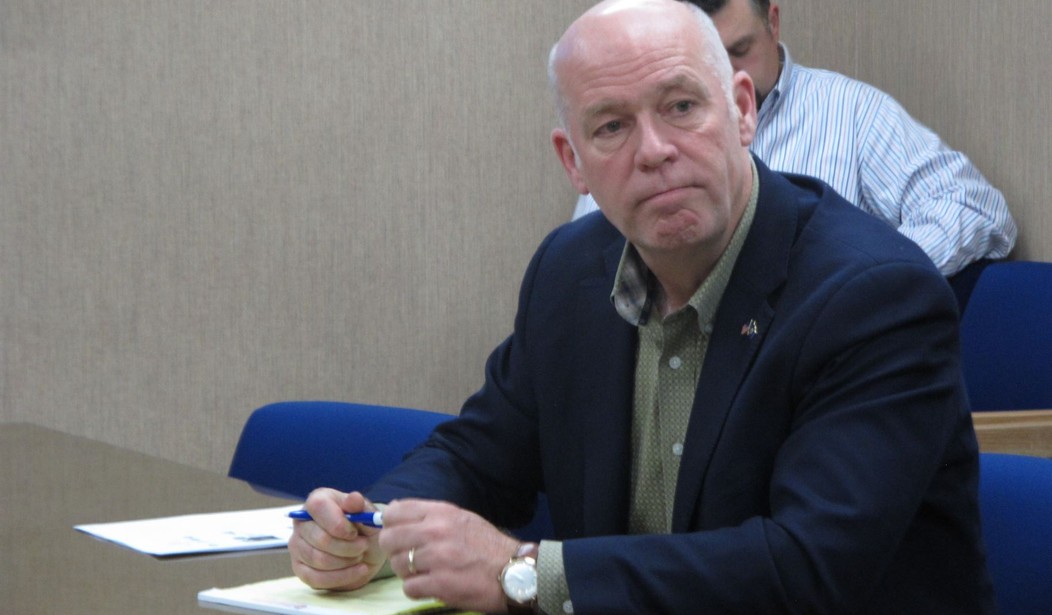Montana is on track to become the first state to completely ban the use of TikTok. The Montana House of Representatives passed a bill, SB419, on Friday with a vote o 54-43. The bill moved to Governor Greg Gianforte’s desk. If Gianforte signs the bill, it goes into effect in January. The legislation will face significant legal challenges.
The banning of TikTok has become a hot topic and has garnered bipartisan support in Congress. This is the farthest step taken so far by a state. So far, 33 out of 50 states have placed bans on the TikTok app on state devices, and state employees are forbidden from using them for official use. Employees of the federal government and contractors are banned from using the app on government-issued devices.
Montana is one of those states. Therefore, it is easy to think that the governor, a Republican, will sign the legislation. The concern is about Chinese spying via social media apps.
The legislation specifically names TikTok as a target of the bill, and outlines potential penalties of $10,000 per violation per day. The penalties would also apply to any app store found to have violated the law. Individual users of TikTok, meanwhile, would not be penalized for accessing TikTok.
“The governor will carefully consider any bill the legislature sends to his desk,” said Brooke Stroyke, a spokesperson for Gianforte. In December, Gianforte banned TikTok from state government devices and the following month urged the Montana University System to follow suit, which it did.
Predictably, TikTok is foreshadowing potential legal challenges. The app is wildly popular with teens and young adults. None of the restrictions passed in individual states negate an individual’s ability to use TikTok on personal devices. TikTok’s parent company, ByteDance, is a Chinese internet technology company. It shares intelligence with the Chinese government. There is no public evidence that the Chinese government has accessed the personal information of TikTok’s U.S. users or data to influence them. However, FBI Directory Christopher Wray told Congress “We’re not sure that we would see many of the outward signs of it happening if it was happening.” Thus, the concern. It does not take any imagination to believe that China would jump at the chance to spy on the United States with the help of a social media app used by millions of young people.
The U.S. government called for TikTok to be separated from its Chinese owners. TikTok counters by saying that it can address national security concerns with a firewall around U.S. user data. It calls that project, Project Texas.
One tech industry group that counts TikTok as a member, NetChoice, said Friday that the bill violates the constitutional prohibition against so-called “bills of attainder.” That is legislation that seeks to punish a person without a trial.
“This move from the Montana legislature sets a dangerous precedent that the government can try to ban any business it doesn’t like without clear evidence of wrongdoing,” said Carl Szabo, NetChoice’s vice president and general counsel. “The US Constitution clearly forbids lawmakers from passing laws to criminalize a specific individual or business. Gov. Greg Gianforte should veto this clearly unconstitutional law.”
Design it For Us, a coalition of youth activists pushing for changes to platform regulation, lamented that the perspectives of internet natives were not reflected in the bill.
“We believe that social media can be good for young people if they are designed for us,” said Zamaan Qureshi and Emma Lembke, the group’s co-chairs. “Bans like this one forgo a real opportunity to proactively address kids’ safety and privacy concerns on these platforms.”
A coalition of youth activists pushes for changes in platform regulations, not the ban of the app. And one group of app developers (heavily funded by Apple) ask where it ends? They call it censorship and note that it won’t stop with TikTok, other apps will likely be next.
A First Amendment scholar notes it takes exceptional circumstances for constitutionally permitted restrictions.
The legislation also references the presence on TikTok of “dangerous content” and “dangerous challenges,” language that Lynn Greenky, a First Amendment scholar and associate professor at Syracuse University, said raises an instant “red flag” triggering stricter constitutional scrutiny.
“Only in exceptional circumstances will content-based restrictions be constitutionally permissible under the First Amendment,” Greenky said. “Certainly, the Montana government has a compelling state interest in protecting the health, welfare, and privacy of its citizens, but the statute is so vague that it is virtually unenforceable. A vague statute is, by definition, not narrowly tailored, and as such it will wither under First Amendment scrutiny.”
TikTok claims it has the plan to protect U.S. user data. In the meantime, expect more states to try to ban the app and the legal challenges that follow.








Join the conversation as a VIP Member